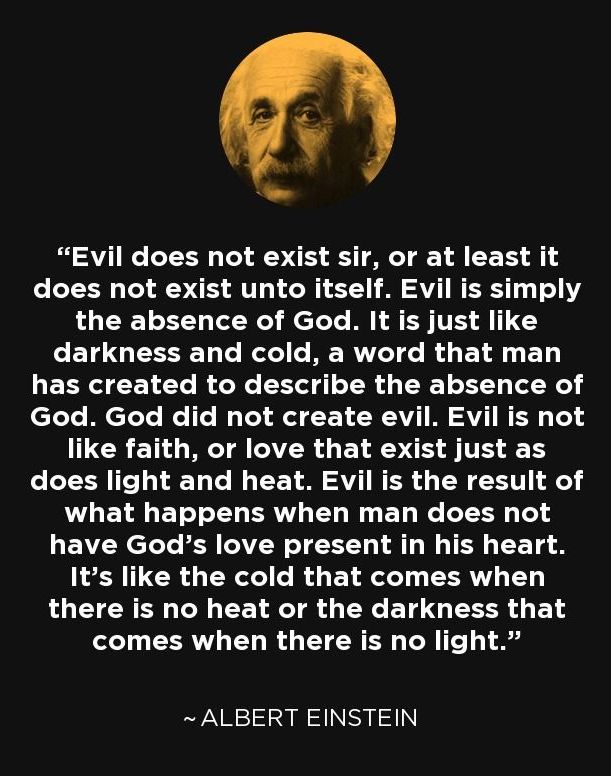|
home | what's new | other sites | contact | about |
||
|
Word Gems exploring self-realization, sacred personhood, and full humanity
A Course In Miracles
return to "The Course" main-page:
... those who represent the lamb as blood-stained do not understand the meaning of the symbol. Correctly understood, it ... speaks of my innocence. Innocence is incapable of sacrificing anything [for the misguided purpose of atoning for sins] because the innocent mind [already] has everything Innocence is wisdom because it is unaware of evil, and evil does not exist. It is, however, perfectly aware of everything that is true. The innocence of God is the true state of mind of His Son. I have stated that the basic concepts referred to in this course are not matters of degree. Certain fundamental concepts cannot be understood in terms of opposites... Innocence is not a partial attribute. It is not real until it is total. The partly innocent are apt to be quite foolish at times. It is not until their innocence becomes a viewpoint with universal application that it become wisdom. Innocent or true perception means that you never misperceive and always see truly. More simply, it means that you never see what does not exist, and always see what does. In this state [of innocence] the mind knows [and does not need to believe in] God, for God is not symbolic; He is Fact. Editor's note: Also see the notes at "knowledge versus perception." We think we know what “innocence” means; the Course cautions us that we do not. Whatever it means, we believe that we can do our research, gather experience, talk to others, and, little by little, we will acquire a decently good definition of “innocence.” The Course, however, wants us to know that any attribute of the mind of God cannot be won by “degrees” nor can it be understood by its opposite. Why is this is so? God’s virtues have no opposites, and when we come to know them it will be all or nothing – no “degrees.” Everything that has a beginning is also subject to an ending. But there exists a domain beyond the reach of time’s degradation. There, things simply exist, eternally, have always been, have no opposite, no duality, and do not suffer loss.
At the right time, via one of the Course's "miracles," knowledge of the virtues of God’s mind, so to speak, will simply be dropped into our heads, with no lead up. As we’ve used the phrase, “I was blind, but suddenly I see.” But let us speak specifically to “innocence.” We commonly employ this descriptor for the mentally impaired, children of minority age, and maybe the especially gullible and inexperienced. However, these on-the-street views of “innocence” have nothing to do with the minds of God or the Sonship; quite the opposite, actually. We say that little children are innocent because they do not understand evil, but the divine mind is innocent because it never sees evil at all – because evil does not exist. What the Course is getting at in this seeming double-talk is that evil has no real substance; it’s just a hurtful short-cut to the good, a shadow of the good. (See more discussion on the “Evil” page.) The mind of the Sonship knows God, with the ego consigned to believing in God. God is "Fact," says the Course, but the ego has a little trouble with that. The divine mind sees, places weight upon, only what is real. In practical terms, this means that the divine mind never hates anyone, cannot be offended, has no desire to seek for revenge, because it sees beyond what others call evil and knows that the hidden true self of the one causing present damage will yet rise to the fore. That's what's real. As Jesus says, everyone, some later than sooner, will yet embrace the Atonement.
|
||
|
|
